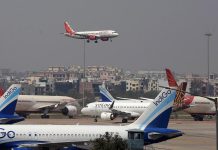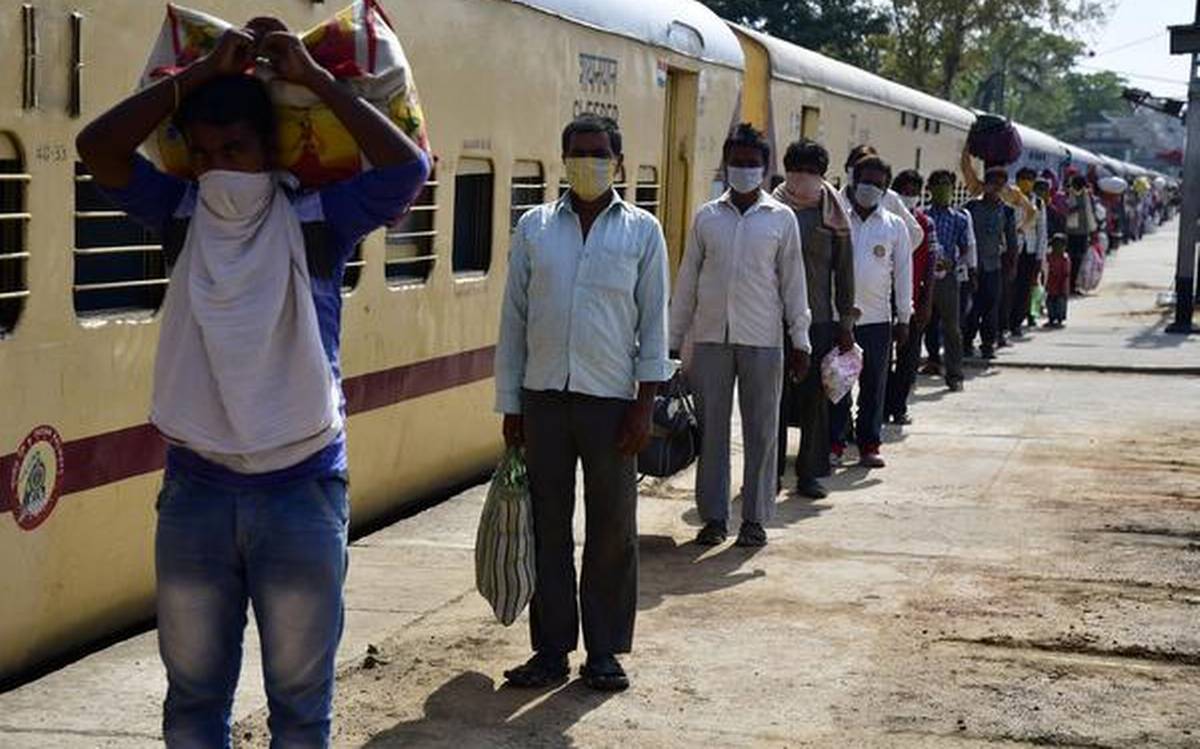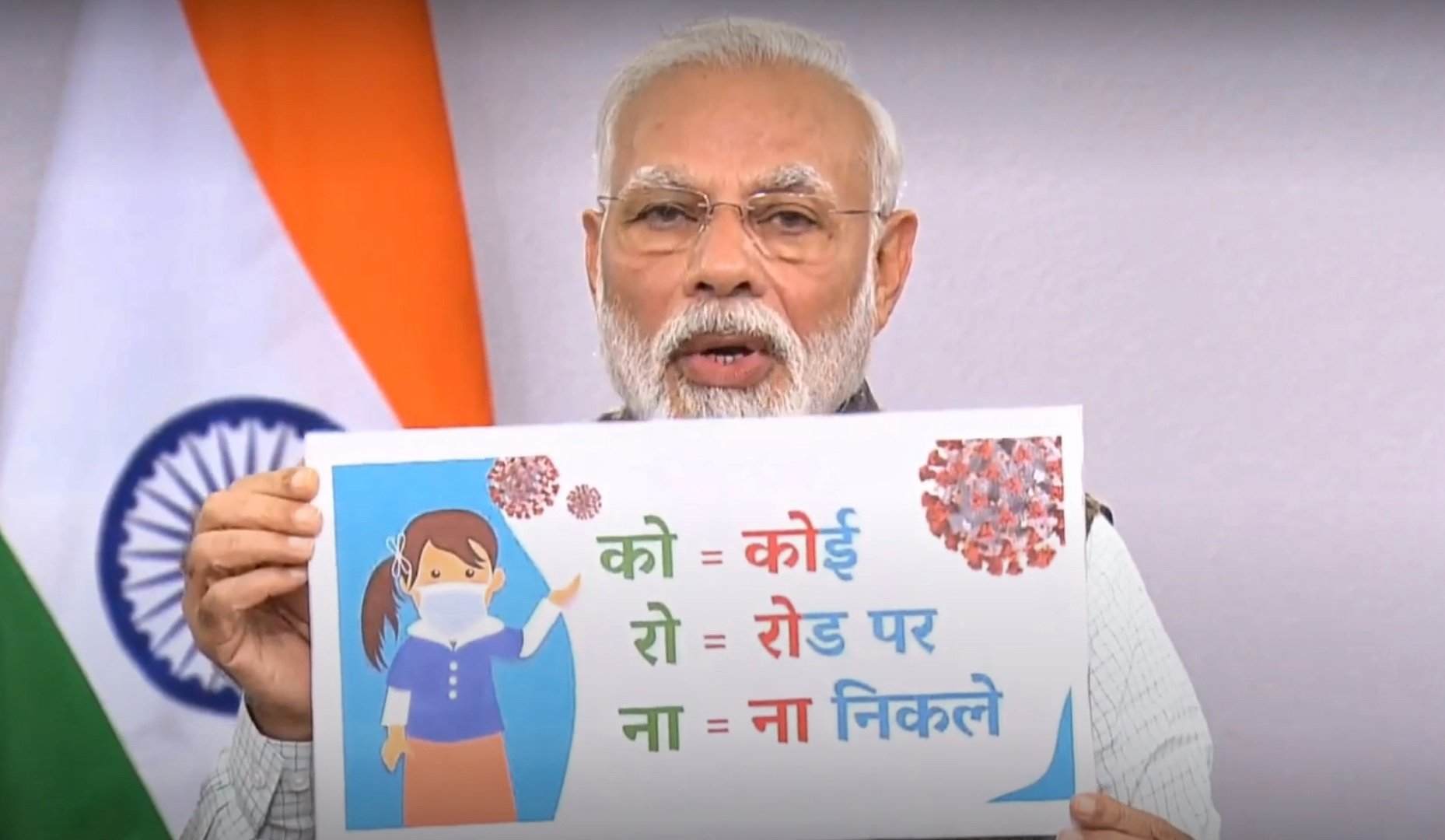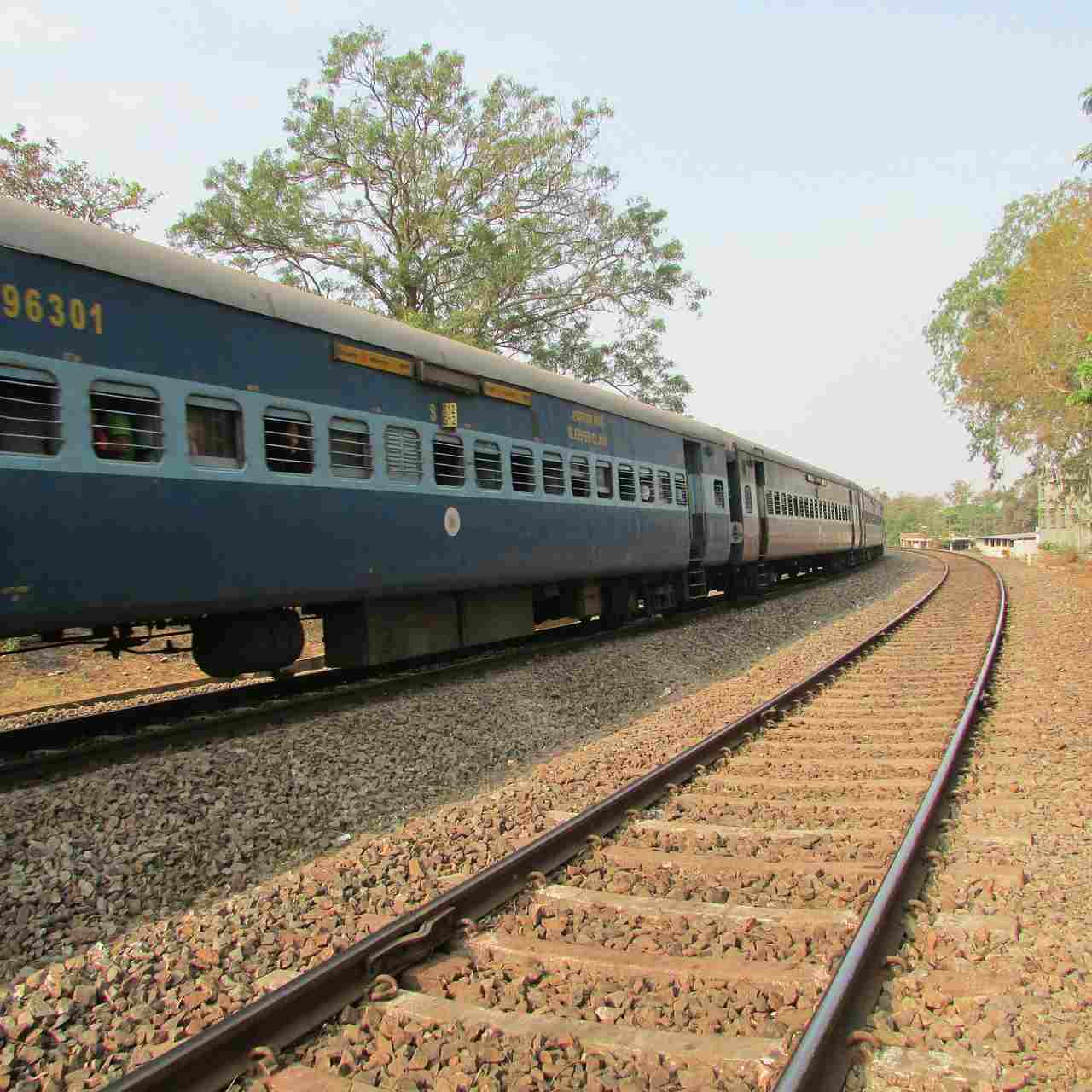The Indian Railways moves ahead with the plans of the newly formed government. The newly formed government has proposed a 100-day agenda, the beginning of the plan began with the handing over of two trains to private corporations. The Delhi Lucknow-Tejas Express is going to be the first train run by private players.
“These two trains will be given on an experimental basis and we hope that within the next 100 days, we will be able to run at least one of them. The idea was to identify routes which have low congestion and connect important tourists spots. The second main too will be identified soon,” a senior railway official said.
The Indian Railways 100 day plan of privatization is being criticized by different bodies and the railway union across the country has threatened of large scale protests all over the country.
“In order to convey the strong protest of the rail workforce. NFIR directs all its affiliates to arrange massive protest demonstrations and rallies wearing protest badges from 10th to 13th July all over Indian Railway,” said a letter from NFIR general secretary M Raghavaiah to general secretaries of all railway unions.
On 5th July 2019 Nirmala Sitharaman in her Budget speech proposed Public Private Partnership (PPP) model to Indian railway for faster development, rolling stock manufacturing and the delivery of freight.
The government is already charged with total privatization of public institutions. The government has planned to auction 23 railway stations across the country. The station will be modernized and equipped with different kinds of facilities such as clubs, parking areas, malls, restaurants and others.
It can’t be denied that the fare will be hiked aggressively and there will be many different kinds of charges that will be introduced to make the maximum profit by corporate players. The excessive run towards corporation of all public institutions is a danger to the availability of such public facilities for the ordinary Indian as the prices and fees of such services will naturally be immensely hiked.
It will remain to be seen whether this new move by the government will end up making even the railways a solely upper class mode of transportation or whether it will still be available for the use of ordinary Indians for whom it was so central as a mode of traveling from one destination to another.














